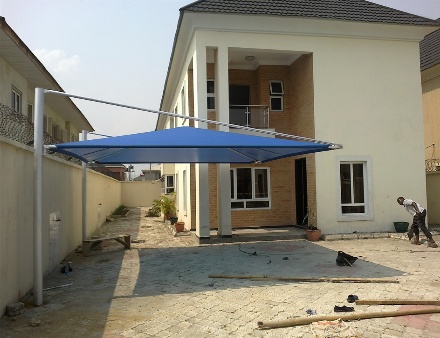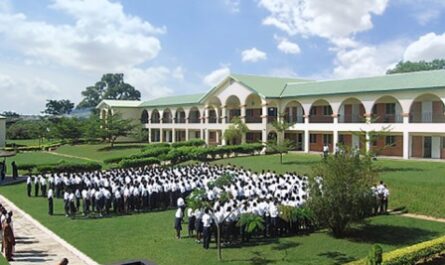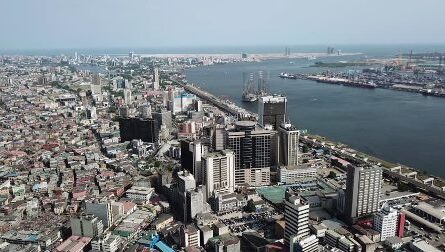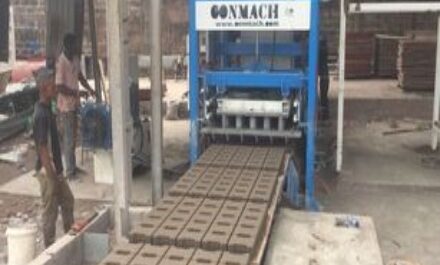Carports have become an increasingly popular addition to homes and commercial properties in Nigeria. They offer a practical and stylish way to protect vehicles from harsh weather conditions such as intense sunlight, rain, and harmattan dust. If you’re considering building a carport, understanding the costs involved is crucial. This guide explores everything you need to know about building the best carports in Nigeria, from materials and labor to design and functionality.
What is a Carport?
A carport is a semi-covered structure designed to offer shelter for vehicles. Unlike traditional garages, carports are typically open-sided, making them more affordable and quicker to construct. They can be standalone structures or attached to a building, depending on the space and design preferences.
Why Build a Carport in Nigeria?
The Nigerian climate is characterized by extreme weather conditions that can damage vehicles over time. Carports provide protection against:
- UV Rays: Prolonged exposure to sunlight can damage vehicle paint and interiors.
- Rain and Moisture: Prevents rust and water damage to car components.
- Dust and Debris: Keeps vehicles clean and reduces maintenance efforts.
- Hailstorms: Protects against dents and broken windshields.
Moreover, carports add aesthetic value and increase the resale potential of your property.
Factors Affecting the Cost of Building a Carport in Nigeria
The cost of constructing a carport varies widely depending on several factors:
1. Material Selection
The choice of materials is one of the most significant determinants of cost. Common materials include:
- Metal (Steel or Aluminum): Durable and requires minimal maintenance. Steel is more robust but expensive, while aluminum is lightweight and more affordable.
- Polycarbonate Sheets: Popular for roofing, these sheets are lightweight, UV-resistant, and available in various colors.
- Wood: Ideal for a rustic or traditional look but may require regular maintenance.
- Concrete: Used for foundations or as pillars for added stability.
2. Size and Design
The larger the carport, the higher the cost. Complex designs, such as cantilever or custom shapes, also increase expenses. A standard single-vehicle carport costs less than a double or multi-car structure.
3. Location
The cost of building materials and labor varies across Nigeria. Urban areas like Lagos and Abuja often have higher costs compared to rural areas.
4. Labor Costs
Skilled labor is essential for proper installation. Labor costs depend on the complexity of the design and the region.
5. Additional Features
Features like lighting, gutters, drainage systems, or decorative finishes can increase overall costs.
Average Cost of Building a Carport in Nigeria
Material Costs
Below are estimated costs of materials commonly used for carports:
- Steel Frame: ₦30,000 – ₦50,000 per square meter
- Aluminum Frame: ₦25,000 – ₦40,000 per square meter
- Polycarbonate Roof Sheets: ₦4,000 – ₦8,000 per square meter
- Wooden Carport: ₦20,000 – ₦35,000 per square meter
Labor Costs
Labor costs can range between ₦50,000 and ₦150,000 for a basic carport installation, depending on the size and location.
Foundation Costs
If a concrete foundation is required, expect to spend between ₦2,500 and ₦5,000 per square meter.
Total Cost Estimates
- Single Carport (3m x 5m): ₦150,000 – ₦300,000
- Double Carport (6m x 5m): ₦300,000 – ₦500,000
- Luxury Carport with Custom Features: ₦500,000 and above
Step-by-Step Guide to Building a Carport in Nigeria
- Plan and Design:
- Determine the size, location, and materials based on your budget.
- Choose between attached or freestanding carports.
- Get Necessary Approvals:
- Check local building codes and obtain permits if required.
- Prepare the Site:
- Clear the area and ensure the ground is level.
- Construct a concrete foundation if necessary.
- Frame Construction:
- Erect the pillars and frame using the chosen material.
- Install Roofing:
- Attach polycarbonate sheets, metal roofing, or other materials securely.
- Add Finishing Touches:
- Paint or treat the frame to prevent rust or decay.
- Install additional features like lighting or drainage.
Tips to Reduce Costs Without Compromising Quality
- Buy Materials in Bulk: Purchasing materials in larger quantities can help reduce costs.
- Hire Local Artisans: Skilled local laborers may charge less compared to large construction firms.
- Opt for Simple Designs: Avoid overly complex designs that increase material and labor costs.
- Compare Quotes: Request estimates from multiple contractors to find the best deal.
Benefits of Investing in a High-Quality Carport
- Long-Term Savings: Protecting your vehicle reduces repair and maintenance costs.
- Enhanced Property Value: Well-built carports add curb appeal and functionality to your property.
- Durability: Quality materials ensure your carport lasts for years, even in harsh conditions.
Conclusion
Building a carport in Nigeria is a practical investment that protects your vehicles and enhances your property’s value. While the cost varies depending on materials, size, and location, understanding these factors can help you plan effectively. By choosing durable materials, simple designs, and skilled labor, you can build a carport that offers excellent value for money. Whether for residential or commercial purposes, a well-constructed carport is a worthwhile addition to any property.



